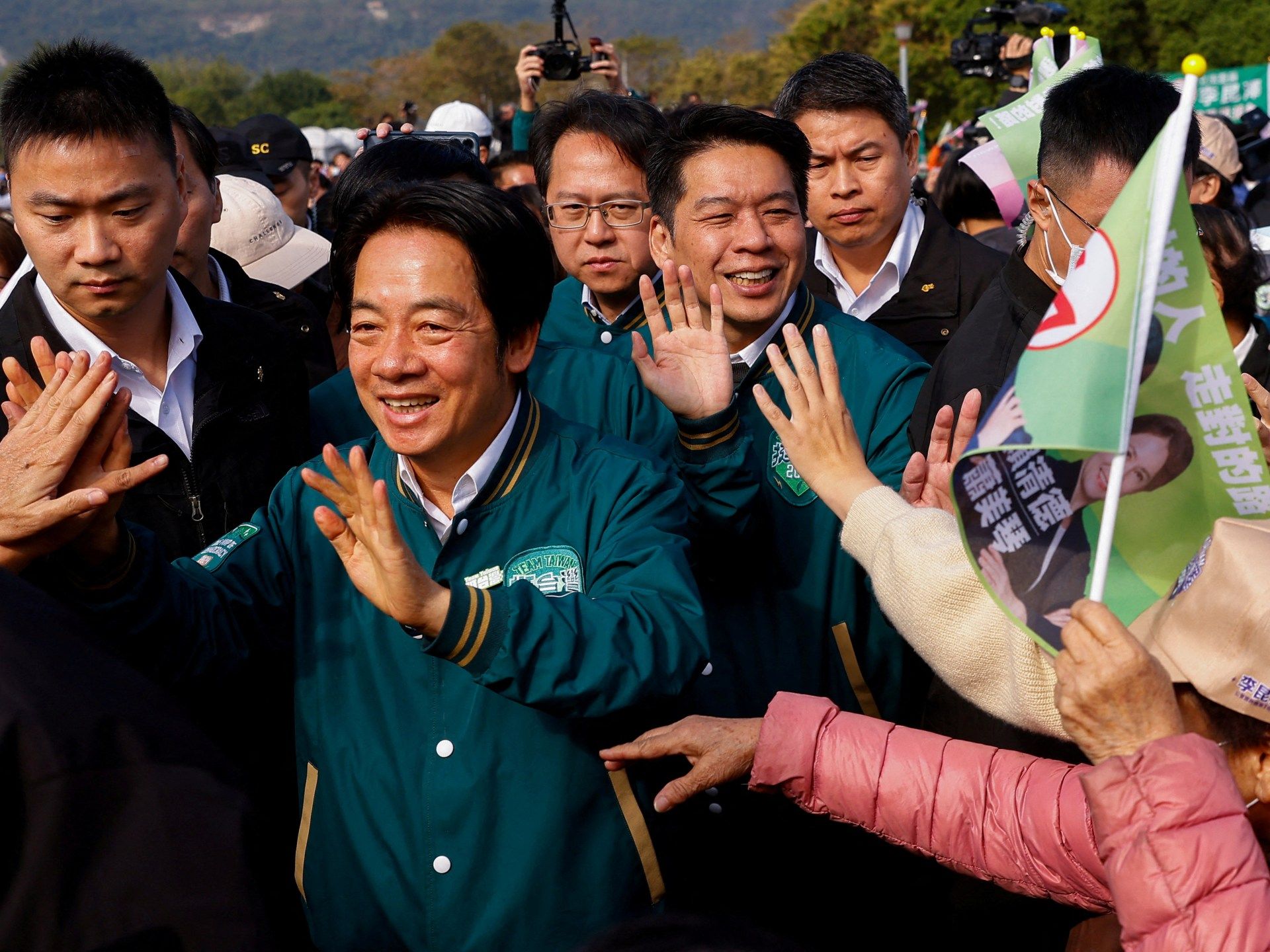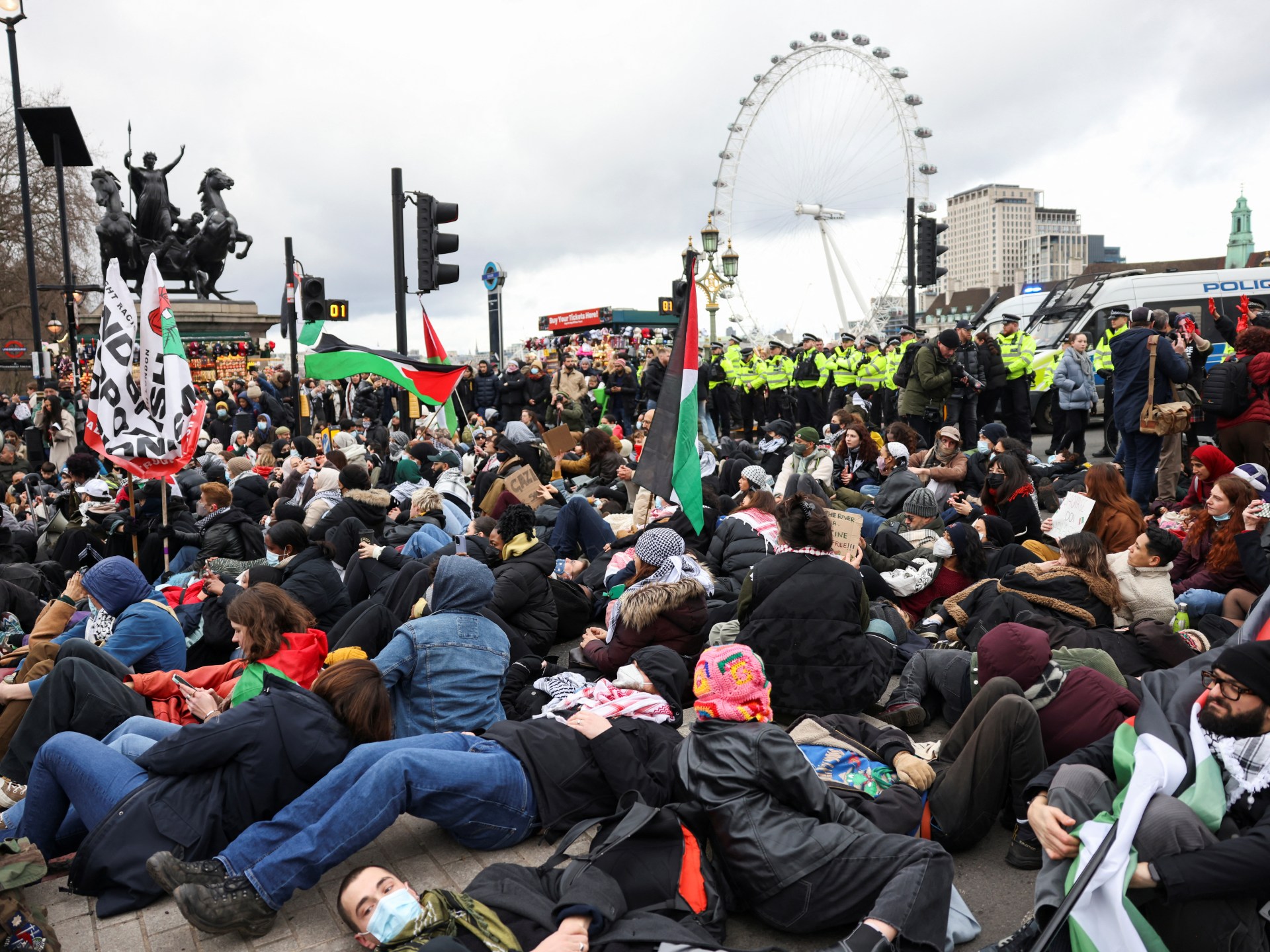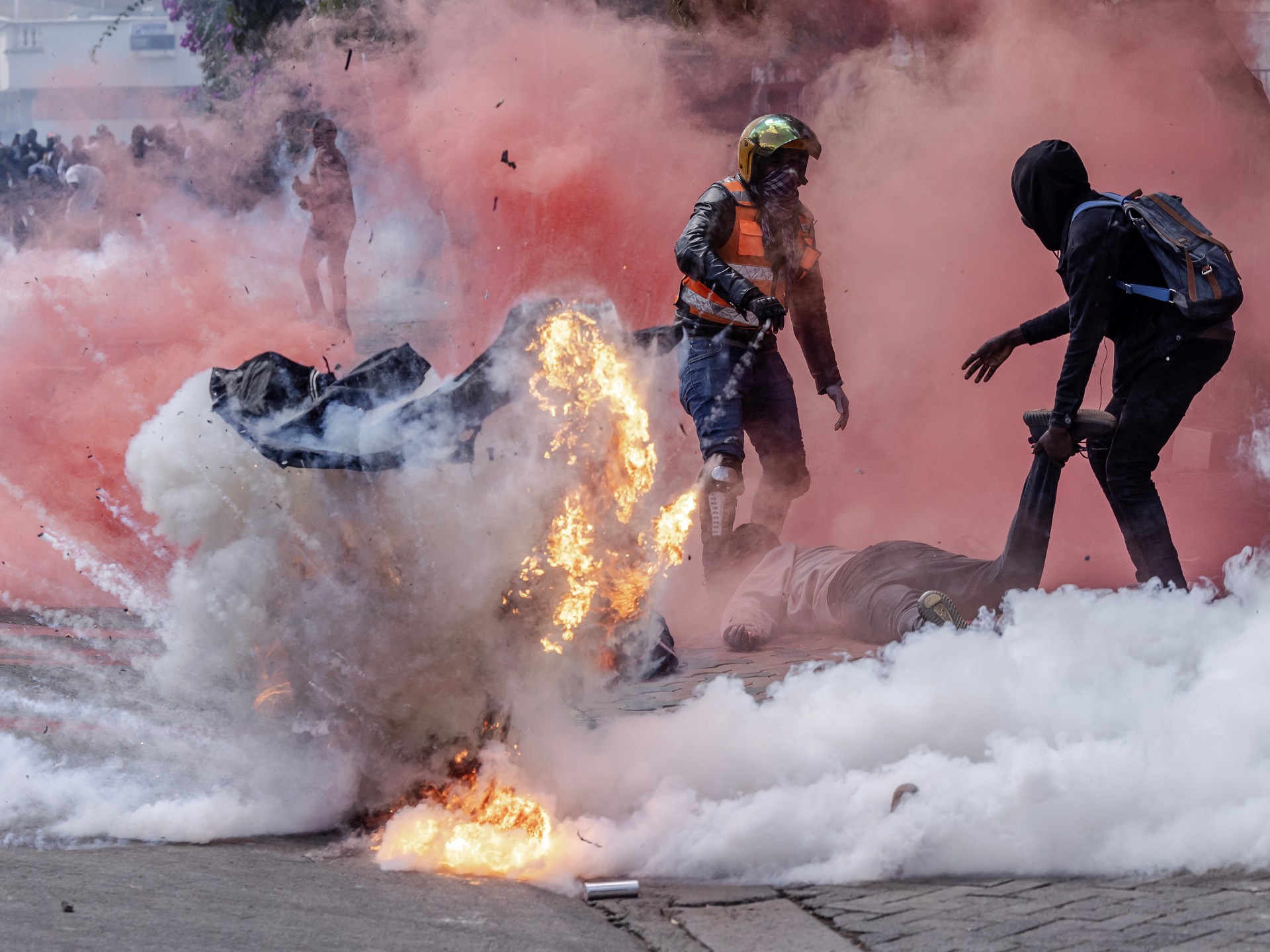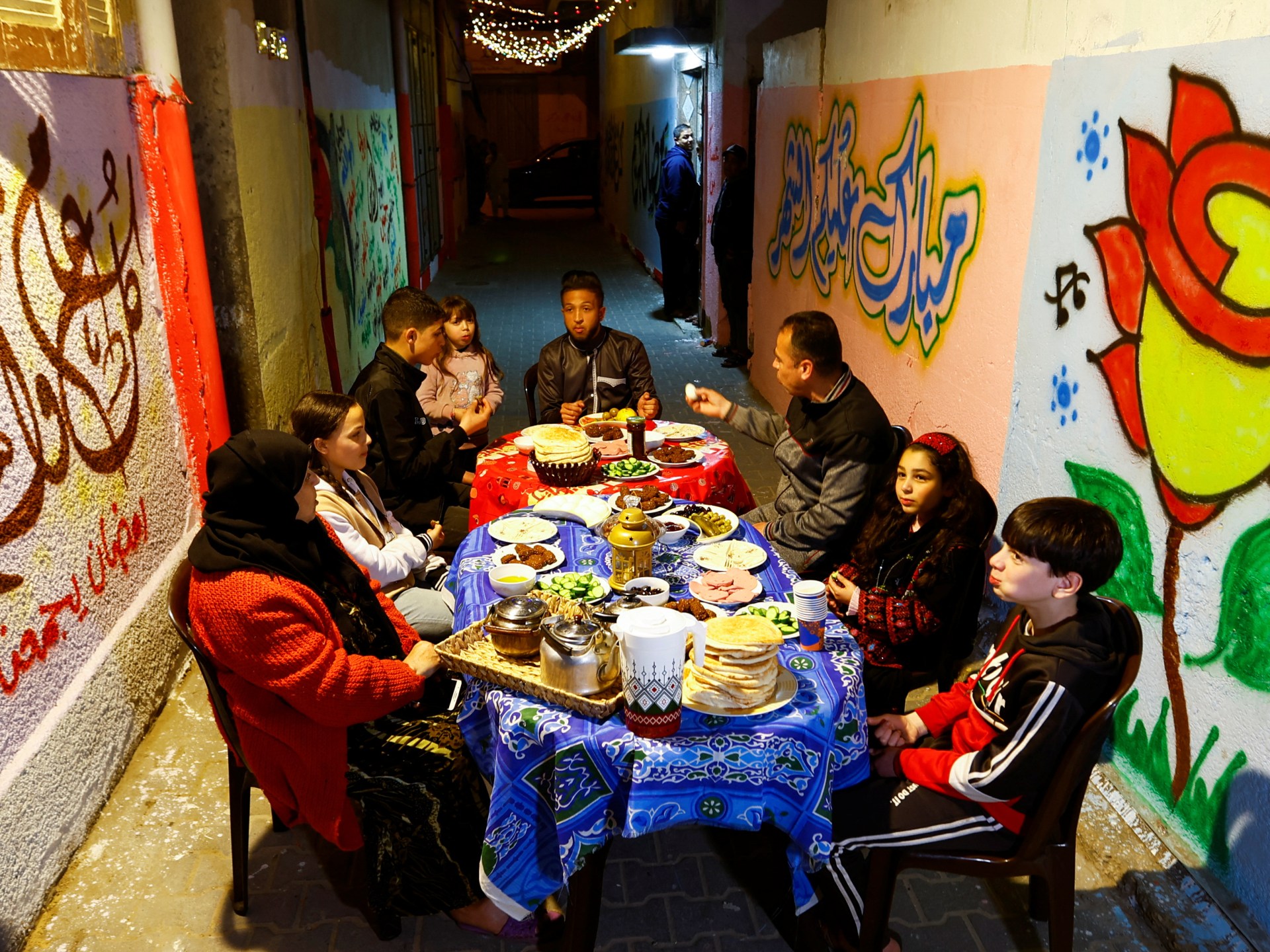Taipei responds to Beijing calling favored candidate Lai “dangerous” and “evil path” to independence.
Taiwan has condemned China for what it called intimidation of its citizens and attempts to influence the island's elections on Saturday.
On Thursday, Taiwanese Foreign Minister Joseph Wu criticized China's “repeated interference” in the upcoming elections and lashed out at Beijing for “once again blatantly intimidating the Taiwanese people and the international community.”
The elections “are in the international spotlight and the repeated interference of the People's Republic of China steals the focus. Frankly, Beijing should stop interfering in other countries' elections and defend its own,” he posted on X, using the acronym of China's official name.
#TaiwanThe upcoming elections are in the international spotlight and the #RPCRepeated interference steals focus. Frankly, #Beijing They should stop messing with other countries' elections and defend their own. Leave the #Chinese People freely choose their leaders. J.W. pic.twitter.com/TdTghS82sr
— 外交部 Ministry of Foreign Affairs, Republic of China (Taiwan) 🇹🇼 (@MOFA_Taiwan) January 11, 2024
The statement was in response to a warning by China and Taiwan's largest opposition party that Vice President and presidential hopeful Lai Ching-te of the ruling Democratic Progressive Party (DPP) would be a threat to peace in the region if he wins.
“I sincerely hope that the majority of Taiwanese compatriots will recognize the extreme harm of the DPP's 'Taiwan independence' line and the extreme danger of Lai Ching-te triggering cross-Strait confrontation and conflict, and will take the right decision at the crossroads of conflicts. -Strait Relations,” China's Taiwan Affairs Office said in a statement.
If elected, Lai would further promote separatist activities towards the “evil path” of independence, according to the statement.
The China-friendly Kuomintang (KMT) opposition party also denounced Lai for his pro-independence stance.
KMT vice-presidential candidate Jaw Shaw-kong said that if Lai wins, tensions would rise before May 20, when President Tsai Ing-wen hands over power.
“Tsai Ing-wen is more discreet, she doesn't shout 'I'm for Taiwan independence' every day, and the Taiwan Strait is already very tense. If she wins Lai Ching-te, do you think the situation across the Strait will be better than it is now?,” Jaw said.
Taiwan will hold presidential and parliamentary elections on Saturday, an event that is being closely watched globally due to geopolitical tensions.
China has not publicly referred to a preferred candidate, but has called the election a choice between war and peace. It has long claimed Taiwan as its own territory, considering the island a renegade province.
It has not given up on the idea of using force to take Taiwan, intensifying military activity around the island in recent years.
On Thursday, China called on the United States to “refrain from intervening” in the elections, saying it was “firmly opposed” to official visits between the island and the United States after Washington said it would send a delegation there after this election. week.
This would cause “serious damage to China-US relations,” Chinese Foreign Ministry spokesman Mao Ning said.
Lai has said he is committed to peace in the region and open to conditional engagement with Beijing.
The front-runner said Tuesday that he has no intention of changing Taiwan's formal name, the Republic of China, which was established in 1949 after a civil war involving Mao Zedong's communists, who established the People's Republic of China.
The DPP has portrayed the KMT and its presidential candidate, Hou Yu-ih, as pro-Beijing. Hou, however, has rejected the accusation that he is “pro-China and a traitor to Taiwan.”
He said he would not touch the “unification” issue if elected. Instead, he would encourage communication with China. He has also said that he opposes the “one country, two systems” model of autonomy that Beijing has offered to Taiwan.
Lai has also opposed China's autonomy model.
“We cannot have any illusions about peace. Accepting China's 'one China' principle is not true peace,” he stated.












